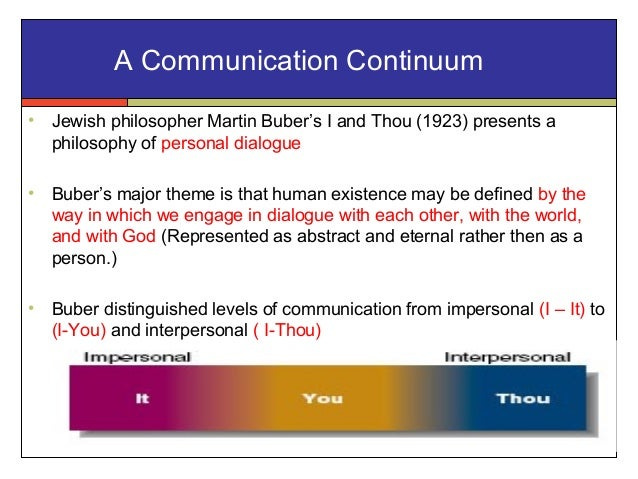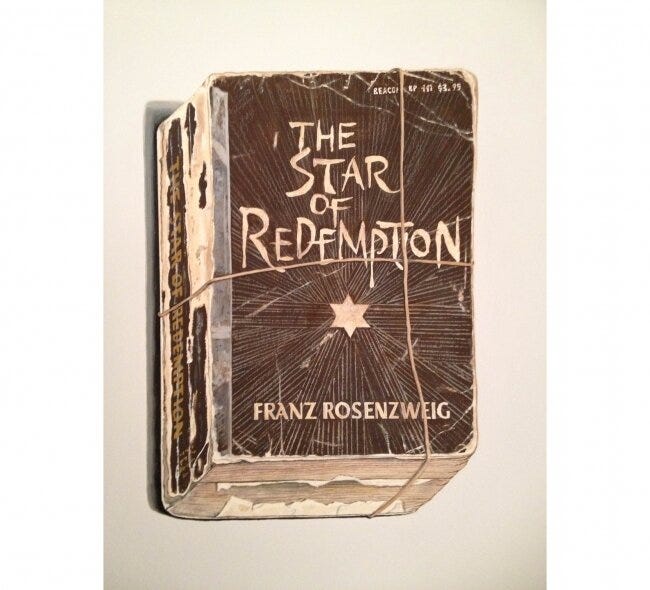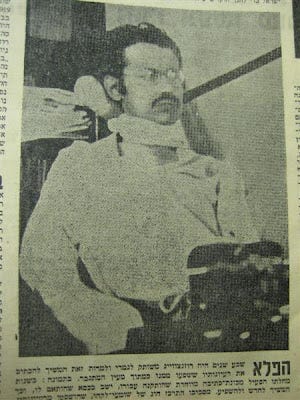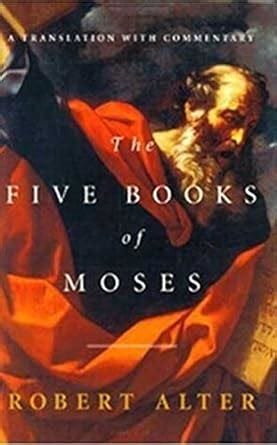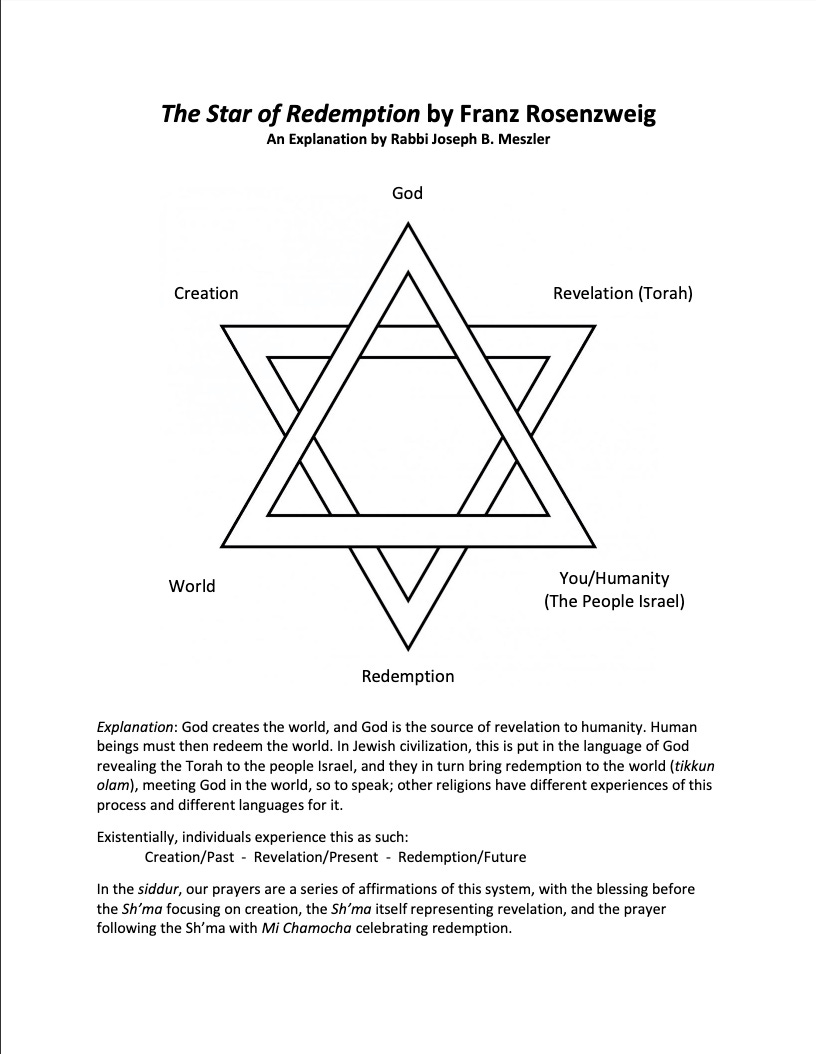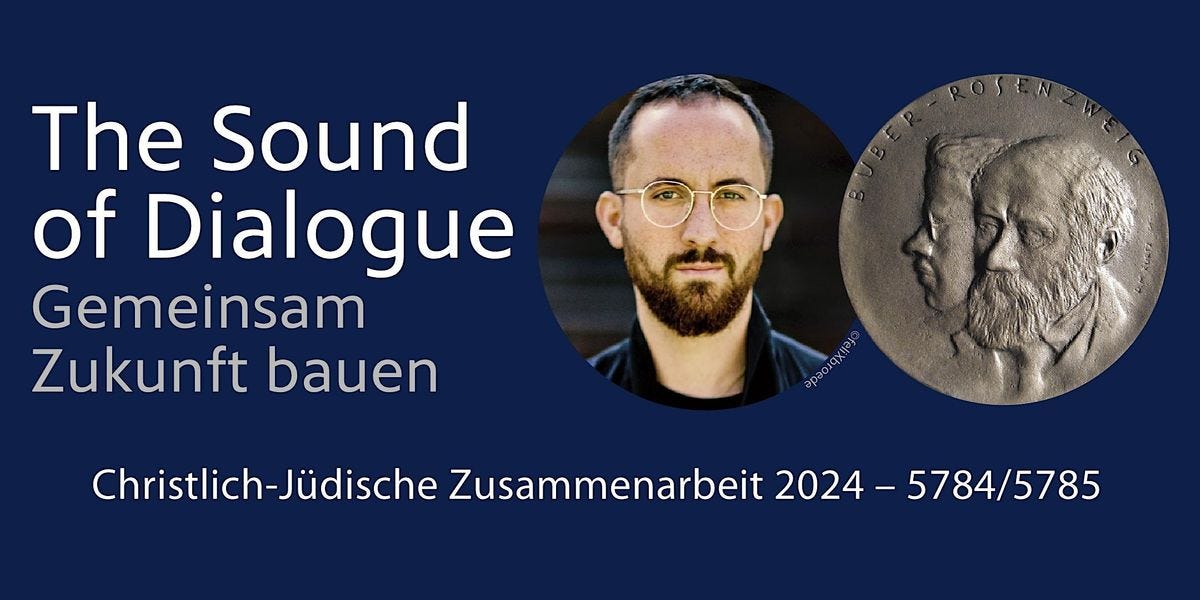Hovering eagle, SNL Deep Thoughts, Stars, 3 AM wake-up calls
Twirling my philosophical protractor inside a "small circle of friends"
While we lament AI’s lurch and algorithmic nudge-shoves, stealth-engineered hints on Amazon (and its Goodreads), may gently arrest our headlong momentum cleverly to catch a sight worth watching, a volume worth pondering. Since my garage’s Great Purge Thanksgiving 2022, when I divested myself, during our move from our home of over three decades, of whatever size is up from a bushel baskets (no joke) of my quirky, eclectic, and cherished books after neither liberal arts colleges—those start-ups the conservatives cheer—nor libraries—no room in the bin—I find myself, wistful after the thousands of titles accumulated, new, used, review copies, discards from those same libraries (friends and family tend not to gift me books), for the glum retrieval of what I had to and wrenchingly consign, tossed into a charity truck’s rumbling maw.
Inevitably, I’ve already had to recover a handful of texts. One I swear from the very vendor who carted learned heaps away. While let’s confide sub rosa that certain “sites online” have been a godsend in allowing digitized me to accumulate another tranche of arcana (and in my defense, often out-of-print and/or inaccessible save in paywalled academic databases, on faraway, overpriced, cat-prowled secondhand shelves, or closed-stack institutions) virtually, as I’ve noted last year, and also here on this forum, there’s inarguably a frisson to cradle a few, hand-curated (buzzword I dunno why), and solid-state rather than flimsy screened references. They tilt towards, as do I, cerebral.
Among this dead-tree revenant flock, once nested as a battered indigo paperback next to his colleague Martin Buber’s perennial, proverbial, far thinner (vide infra Richard Baker’s gouache cover of a “save with used” campus-ready 1972 ed.; my UCLA prof teaching Ulysses had his copy looking like this, rubber banded) in pulp girth if not soulful heft I & Thou: Franz Rosenzweig’s blue, but-no-dwarf, Star of Redemption.
As I typed that line, spellcheck angelically passed over the former of these two febrile, century-past German-Jewish thinkers, but not the latter’s surname. Franz, we assume= Kafka. I tried both heavy hitters (not that their Prague peer’s any blackbird—his name in Czech—bantamweight), and I reckon I legged it through I.-T. The second—which I must have found out about via the initial pair of translations by Everett Fox. Genesis plus Exodus, twinned on the remainder tables at The Strand on my wayback NYC debut, themselves based on the project by “B-R” to re-hebraize and wrench apart firmly their Teutonic vernacular in the feisty spirit of none other than anti-semite but skilled versifier Martin Luther—represents a prodigy’s attempt, drafted on postcards.
Mailed from Macedonia’s trenches in WWI, to bring to earth and ground in “lived experience” his nation’s “idealism” in an Hegelian sense. To propose an alternative to 19th c philosophy’s dismissal of death. (Reborn Star’s on wish, but I may not get to reach for it ‘til I get back to where I once belong this SoCal smog-summer.) Eerily, given soon after, seven years of paralysis and muscular degeneration, which stopped him neither from study nor joy, before he succumbed at forty-five in 1929. Leaving Buber to sustain their bold endeavor, in turn inspiring next generation Fox’s life-work, refracting Robert Alter’s recent paratactic, raw voicing of the Hebrew bible.
I’m not easily moved by the likes of brave souls striving to tap out by blinks and a patient interpreter their thoughts lively in a petrified body, but the Diving Bell and the Butterfly (2007), with the incomparable Mathieu Amalric as former Elle editor Jean-Dominique Bauby, adapted this similar saga of triumph over adversity without sop.
I’m thick—(gratis to a download archive, albeit in a haplessly askew PDF of a spiral-bound xerox) into Rosenzweig’s mentee Nahum Glatzer’s pioneering 1961 big critical biography, arisen right before Star shone in English, alerting audiences to he who’d been overlooked due to his premature demise and understandable renown of his sly, slightly younger partner, so this won’t be my final F.R. reflection. Meanwhile, I’ll edit/ excerpt from a note to a stalwart friend (y Feliz Cumpleaños hoy!) with whom I’ve been discussing pending pains seen and unseen, as we curl up, faces against our still dawns.
But know you have a circle, however you twirl your protractor, of friends and loved ones who do care. The circumference may not be wide, but the density (in a positive sense not as if a dunce) of support, don't forget in the midst of winter in or out of our souls, does persist to hold us up. I found this reflection below at 2AM from a German medical student turned educationist-philosopher, Franz Rosenzweig (1886-1929; {1917 photo below}), an assimilated Jewish thinker who nearly converted to Christianity, who found himself battered by religious doubt, prolonged unbelief, and persistent self-doubt. Only months after he wrote what I transcribe, he became paralyzed in middle age, but didn't lose his spirits, as he fought all the more to provide for his students. No sucker for inspirational claptrap, but this isn't the first mention, oddly or not, past few days where I've heard similar courage in the face of difficulties far outpacing my measly mutterings.
I aver that by trying to reach out to others, to offer them the same compassion and practical help when possible, that despite whatever diminished financial resources we may count on, there's plenty of ways to keep aware of the trials and tribulations around us among those who may be looking for a word, a deed, an uplift.
This has been looming more to my forefront as I realize how many among my own small rounded contacts face loss, whether of their partner or spouse's drastically decreasing cognition in more than one instance, or their own 'faculties' battered by illness {Alzheimer’s, ALS, third stay in hospital for pneumonia in six weeks, muscular degeneration…}. Or, horribly, the loss of a son my age to an elder. They have secure safety nets I lack--the latter living in the socialist wonderland of New Zealand—but they encounter silence, hesitancy, "3 AM moments" not to decide to drop a nuke {wasn't this part of pre-Benghazi Hilary's 2008 counter-Obama campaign? I found the ad} but rather face one’s blankness and existential stretch.
I admit many of them possess a faith I don't have in the same intensity, and a belief in either Christ or a Higher Power (many of them are 12-steppers) which draws them out of these shadows. Pardon me as I haven't ever been glib at dishing out Jack Handey SNL "deep thoughts" {Toonces, the cat who could drive a car [but not very well} + Unfrozen Caveman Lawyer= go-to boo-tube endorphins, granted it’s devilishly damn difficult for me to LOL via screen scripted fun} suitable for framing. Yet, in my fumbling INTJ manner, I hear you, and I send my heartfelt reverberations of soul-sustenance. May they come with my warm wishes on a bit less-chilly day!
Letter from F.R. to his fiancée Edith's sister, Ilse Hahn, March 11th 1920:
Thank you very much for your kind words. You know, you needn't feel bad because you lack the power to 'tell yourself the whole truth,' for once, for your own good. Believe me, no man has his power; no man can help yourself. Though the world is full of people who try to make themselves believe that they can, they succeed no better than Munchausen when he tried to pull himself out of the mire by the scruff of his neck. Each of us can only seize by the scruff whoever happens to be closest to him in the mire. This is the 'neighbor' the Bible speaks of.
And the miraculous thing is that, although each of us stands in the mire himself, we can each pull out our neighbor, or at least keep him from drowning. None of us has solid ground under his feet; each of us is only held up by the neighborly hands grasping him by the scruff, with the result that we are each held up by the next man, and often, indeed most of the time (quite naturally, since we are neighbors mutually) hold each other up mutually. All this mutual upholding (a physical impossibility) becomes possible only because the great hand from above supports all: these holding human hands by their wrists. It is this, and not some nonexistent 'solid ground under one's feet' that enables all the human hands to hold and to help. There is no such thing as standing, there is only being held up. 'As an eagle. . .hovereth over her young' (Deut. 32:11). Let Edith tell you where this comes from. And give her a kiss from her--and also your--Franz.





